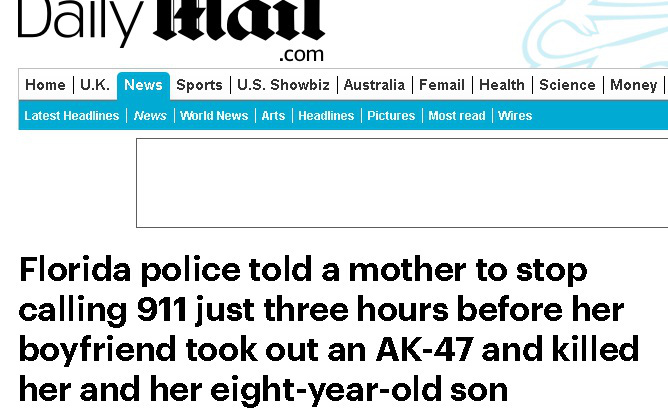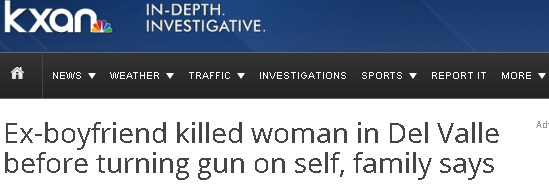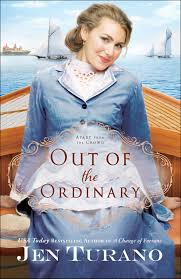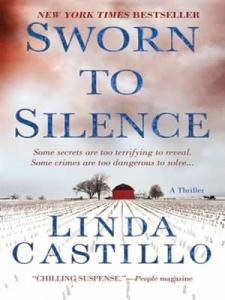Rihanna and Eminem’s 2010 hit “Love the Way You Lie” narrates the course of a physically and emotionally violent relationship. Many advocates for survivors of domestic violence viewed the song and video as a “missed opportunity to shift cultural norms toward healthier relationships.”
Instead of portraying the complexity of these volatile and unstable relationship, the video seems to glorify them by equating passion with violence and suggesting that they always exist together. The two leads, played by Lost’s Dominic Monagahan and Transformers’ Megan Fox, engage in the typical cycles of violence with the inciting incident, usually jealous or desire for control, followed by the reaction (violence toward an object, another person, or her), the “honeymoon” and then back to walking on eggshells waiting for the next incident. Neither Eminem or Rihanna seems to indicate within their lyrics or the context of the video that many of the building actions are warnings signs for domestic violence. The severe jealousy, the abuser’s persistent need for control, the violent temper, smashing and punching objects and violence towards other are all warning signs and need to be taken seriously. Unfortunately, many do not register these behaviors as problematic because our society too often conflates passion with violence. Suggesting that when you love someone, jealousy, even in extremes is acceptable, even understandable.
Additionally, the rhetorical structure of Eminem’s lyrics appears to include the victim in responsibility for the abuser’s actions. In this ending verse of Love the Way You Lie, it is implied that the victim is just as responsible for the actions as the abuser is. The assertion is that although the abuser mistreats and abuses the victim that action does not exist in a vacuum. Therefore, following this narrative, something the victim did “forced” the abuser to take that action or react in whatever way he did. This is highly problematic thinking and reinforces victim-blaming and shifts responsibility away from the abuser.
Now I know we said things, did things
That we didn’t mean and we fall back into the same patterns
Same routine, but your temper’s just as bad, as mine is
You’re the same as me, but when it comes to love, you’re just as blinded
Baby please come back, it wasn’t you,
Baby it was me, maybe our relationship isn’t as crazy as it seems
Maybe that’s what happens When a tornado meets a volcano
This reminded me of an exercise from Jackson Katz’s TEDTalk “Violence Against Women–it’s a men’s issue” which talked about how the way that we use language conspires to keep men out of the discussion of domestic violence, thereby allowing them to not be held accountable.
It is crucial to steer clear of shifting accountability away from the abuser and redistributing it to the victim. This is often observed in the popular question thrown at victims of domestic violence, “why didn’t she leave” which places responsibility on the victim without addressing the circumstances the abuser has created that make that compromise the victim’s ability to do so.
Many victims of domestic violence remain in abusive relationships as a survival strategy, not because they derive any pleasure from the abuse.
I found Leslie Morgan Steiner’s “Why Domestic Violence Victims Don’t Leave” very powerful because she addresses the misconceptions about victims of domestic violence while also exploring the complex inner workings and mechanisms of control and manipulation at play from the very beginning of these volatile relationships.
Love the Way You Lie could have taken information and statistics we have already gathered from research into domestic violence to create a video that focused on the manipulation, the warnings signs and the portrayal of abuse and fundamentally incompatible with real, healthy love.
But instead it relied on tired archetypes, literal and rhetorical victim-blaming, and overall glorification of unstable, violent relationships. I agree with the critics that this video could have done more to combat the misconceptions about violent relationships and domestic violence in general, but I think it opened up a discussion about the way passion and violence can often be conflated in our society and our need to pay attention to these issues because the relationships often end tragically.
Next time, there will be no next time
I apologize even though I know it’s lies
I’m tired of the games, I just want her back, I know I’m a liar
If she ever tries to fucking leave again
I’m a tie her to the bed and set this house on fire



Katz, Jackson (2013). Violence Against Women–It’s a Men’s Issue. TEDTalk
https://www.youtube.com/watch?v=ElJxUVJ8blw
Miranda, Leticia (2011). Love the Way You Lie: Pop Culture, Race and Domestic Violence. Media Literacy Project. Retrieved from: http://medialiteracyproject.org/blog/love-way-you-lie-pop-culture-race-and-domestic-violence/
Headline Images from the following articles:
http://kxan.com/2017/02/16/family-says-ex-boyfriend-killed-woman-in-front-of-deputies-in-del-valle/
http://www.dailymail.co.uk/news/article-4373188/Police-told-woman-killed-boyfriend-stop-calling-911.html
http://ktla.com/2017/02/01/san-bernardino-police-search-for-man-after-ex-girlfriend-fatally-shot/
Advertisements Share this:





